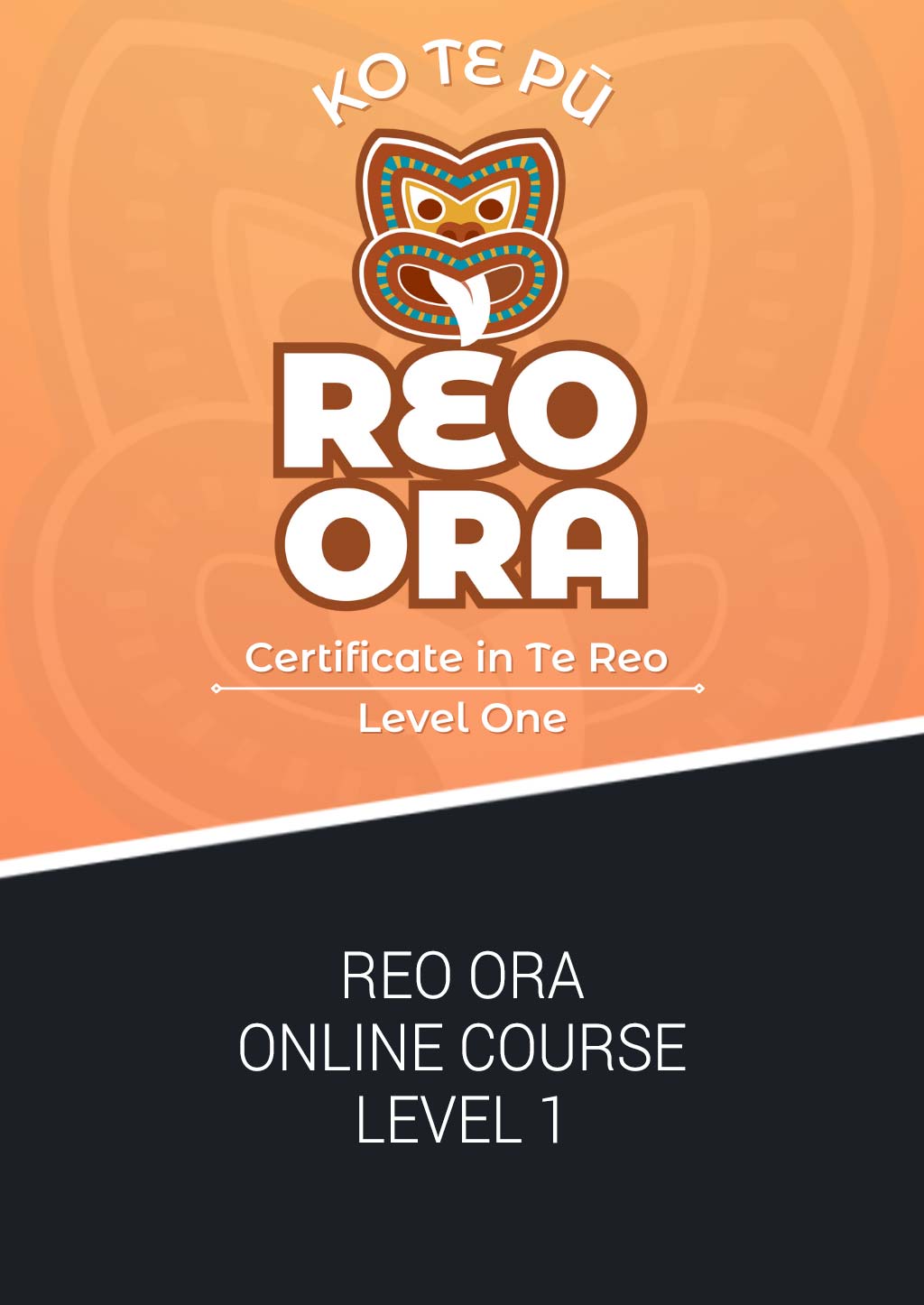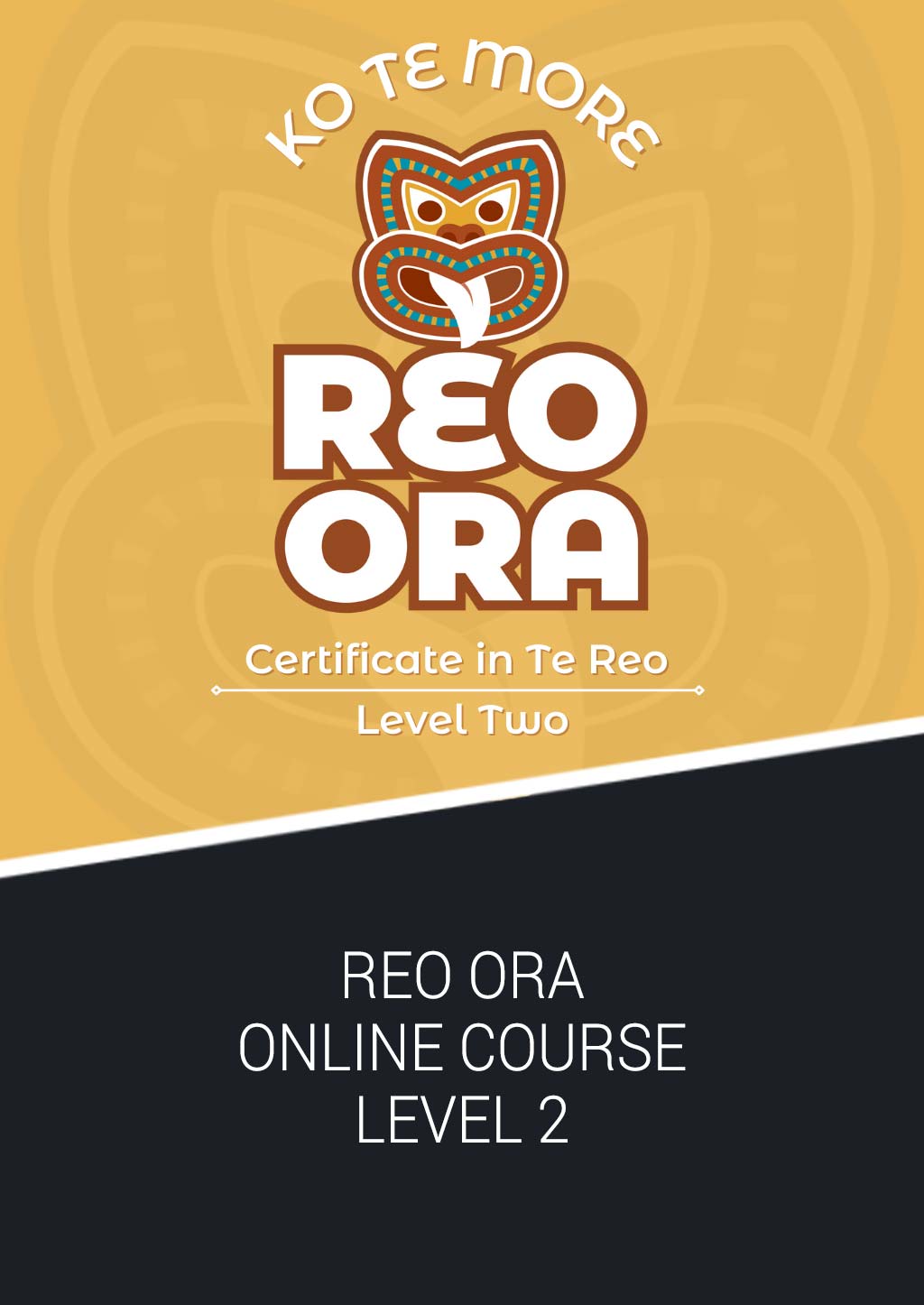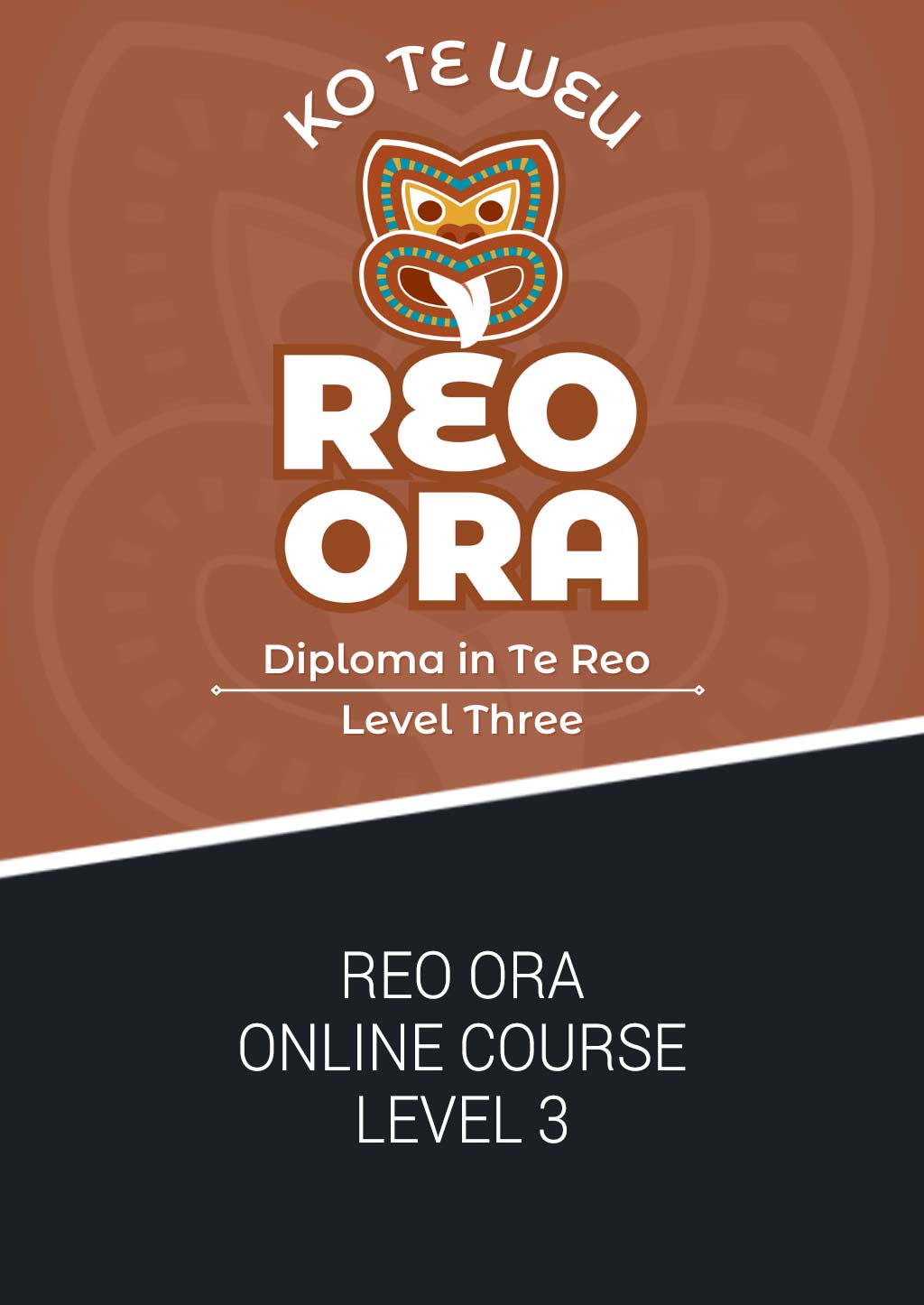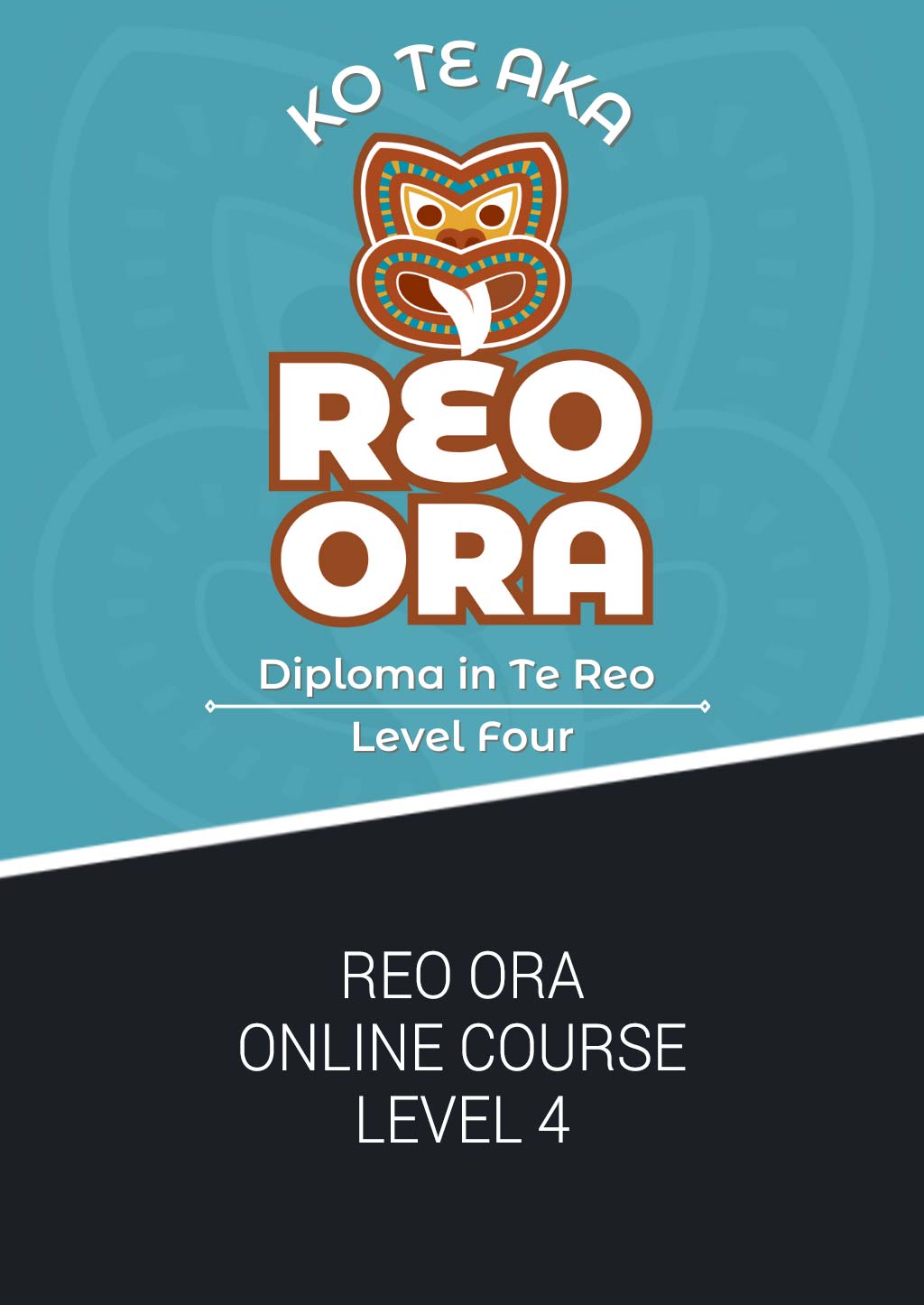
16 Dec The Ultimate Guide To Learning The Māori Language
It’s challenging to learn a foreign language as an adult. It is significantly more difficult to learn the Māori language as part of the reclamation process. Additionally, learning Te Reo Māori as a non-Māori has its own difficulties. You are not merely picking up a language; you are also gaining access to a culture’s spirit and a unique view of this world. Here is a simple and easy guide to learning the Māori language.
With this helpful guide, we will dive into various topics such as how easy is it to learn, from where to learn, easy five words to begin with, whether it is mandatory to learn Māori in New Zealand, and much more! So stick around as this is going to be an educational ride! Let’s begin!
Is Māori an easy language to learn?
Absolutely! Learning Māori grammar and the entire language is not at all difficult. According to Chris Krageloh, a psychology & linguistics researcher from Auckland University of Technology, Māori is among the easiest languages to learn since the sounds typically remain the same regardless of how the letters are arranged. The words are rather simple to say. The term will sound the same as it is spelled.
The language might at first seem interesting, poetic, simple, and worthwhile. Te Reo Māori is easier to learn than that of any non-Polynesian language no matter if you are a native speaker or non-native speaker. Click here to know more about the simplicity of the language!
Where can I learn the Māori language?
Look no further than Reo Ora! Best place to learn Māori language! The Reo Ora curriculum and methodology are excellent! Many lives have already been transformed by it. Many people consider Dr. Rāpata Wiri to be the top Māori language scholar and authority on Māori language revitalization, and her creation Reo Ora is the ideal programme to learn the language! Numerous Learners have conquered their hesitation to speak the language in public, and you will as soon as you begin! To begin, click on our latest resources page.
Anticipating the Journey To Learning Māori
First of all, there are countless reasons to start learning Māori. Māori is easy to learn because of the best materials currently accessible and the volume of native exposure you get because it is now getting promoted so actively in New Zealand.
Because most of the things that were brought to the Māori when English began to settle were translated to the language of Māori by employing comparable or analogous sounds in the Māori phonology, there are also many terms that are actually transliterations from English. As a result, many words are very close to English and are therefore simpler to recall. Don’t expect to meMāorise everything at once! Always keep in mind that slow and steady wins the race! Even when it comes to learning this beautiful language. Every journey has its hurdles, just like this one, click here to know how to overcome these hurdles.
Explore Māori Words From Everyday Life
It’s crucial to comprehend the pronunciation and definition of the many Māori words that are used frequently in New Zealand. Before proceeding on to Māori greetings and their proper pronunciation, you will first explore these terms.
The abundance of borrowed Māori words in New Zealand English distinguishes it from other adaptations of the Queen’s English. Additionally, linguists discovered a decade ago that 7.7 Māori words were used for every 1000 words employed in phrases in New Zealand English, and the proportion of that is now still increasing. The number of Māori words per 1000 New Zealand English words was as high as 35 according to more recent media research.
Is it compulsory to learn Māori in New Zealand?
No, learning Te Reo Māori is not required. The New Zealand government acknowledges challenges but hopes to have Māori language instruction provided throughout every primary school by 2025. Te Reo Māori is one of the three official languages of New Zealand, along with English as well as New Zealand Sign Language, however, it is not now mandated and is not often taught in schools. According to 2013 census data, just 50,000 individuals spoke it fluently, compared to 150,000 who could have a discourse.
Learning the Māori language may help you feel more like a local. The Māori community will definitely influence you. You will be humbled by the kindness of strangers, and it will help you build lifelong friends.
By 2040, the government hopes to have around a million people who can communicate at a basic level of Māori language. Additionally, there has been a recent increase in demand for introductory Māori courses across the nation. The best one among them is Reo Ora!
What are the 5 Māori words every New Zealander should know?
1. Kia ora which means hello, thanks, and best wishes
The simplest and most effective Māori greeting to employ when trying to please Kiwis is Kia ora. It is primarily used to greet people, but it can simply be employed to give thanks for a nice gesture. To express agreement with someone else’s statement, use the interjection kia ora. For instance, “We absolutely need to complete this endeavour before the end of next month.” “Kia ora!”
2. Kia kaha which means be strong and continue
It’s one of those expressive Māori expressions used to inspire people that you can use readily in Māori but would not get away with it as easily in English. Be mindful that this statement evokes wartime songs sung before the battle. For instance: “I need to finish this project before tomorrow.” “Kia kaha partner, you’ll finish it.”
3. Waiata which means singing songs or just a song
A marae visit is not complete without listening to waiata. Each speech will be accompanied by a waiata, with presenters from both sides of the engagement (hosts as well as guests) taking turns greeting the crowd. Your hosts may spend some time teaching you a few of their native waiata if you go to a marae. For example, “ Let’s sing a waiata!”
4. Aroha which means love, sympathy, and understanding
Aroha is a universal greeting that can be expanded upon or used in a variety of situations. Arohanui, which means “much love,” is a common way to end emails to loved ones. You can also use aroha mai, which literally means “please show me compassion,” when you need to apologise to someone. Some version of this term is available in all Polynesian languages, so if you’re a linguistics geek, you might like exploring the relationship between the Māori word aroha and also the Hawaiian word aloha.
5. Iwi which means a huge group of people, a nation, or a tribe
Iwi, or tribe, is what Māori people allude to when they use the term. In reality, the word “iwi” is preferred over “tribe” by the majority of New Zealanders who speak English. A minimum of one tribe is home to most Māori. For instance, “The native iwi were depicted at the meeting held.” Note that in Māori, the single and plural forms of a word are identical. Iwi can refer to a single group or a number of them; in this context, the word “were” indicates that there were several iwi.
Furthermore, Māori single words frequently have several meanings. Iwi, for instance, is most frequently attributed to a tribe but also has additional meanings like “bone” and “strength,” which provides us with a great understanding of the significance of the iwi connection to Māori people.
Will Learning Māori aid in getting jobs?
The benefits of learning a second language are widely recognised, but learning Te Reo Māori may also increase your chances of landing a job in a range of fields. Finding a job in the fields of education, healthcare, administration, or social services might well be made easier by learning this language.
Is it necessary to learn Māori customs as well?
No, it is not necessary to learn Māori customs as well. Learning new letters, a collection of sounds, vocabulary, and sentence patterns is only one aspect of learning a language. The Māori language is the entryway to the Māori worldview, and there is a beautiful connection between language and culture. If you are interested, you can give learning Tikanga (Māori customs), karakia, and waiata the same priority as learning grammar structures since, in the end, a language without culture is merely a shell.
Start Your Journey To Learn Māori Language Today!
We have now come to the end of this guide – covering every query that you could possibly have in mind! Whether it be confusion regarding the simplicity of the language or the necessity of learning Māori customs and everything in between, hopefully, you are clear and have now made up your mind to start learning the Māori language. In Māori, there is a proverb that translates to “the feathers help the bird to soar to lofty heights”. Think of learning a new language as the “feathers” you need to soar to new heights on your own. Happy learning!







